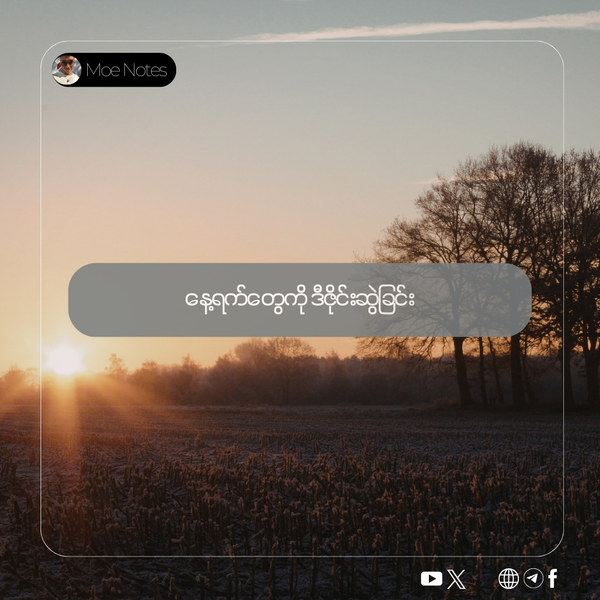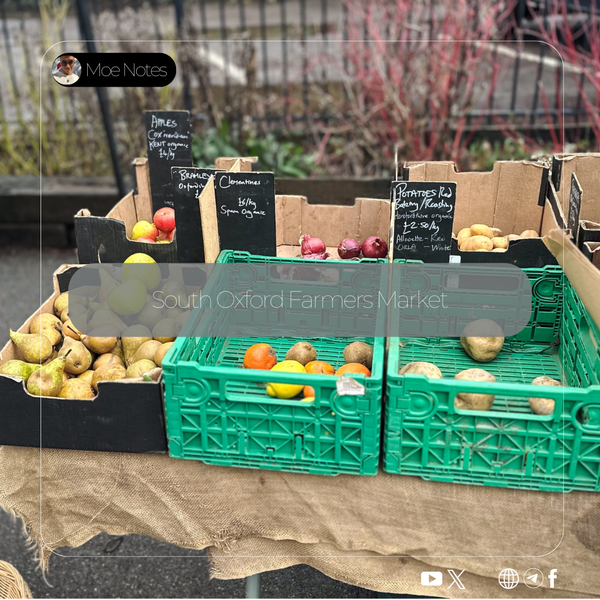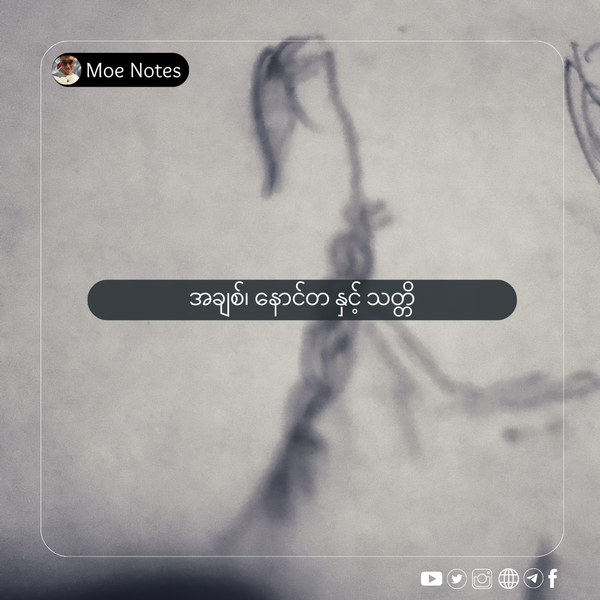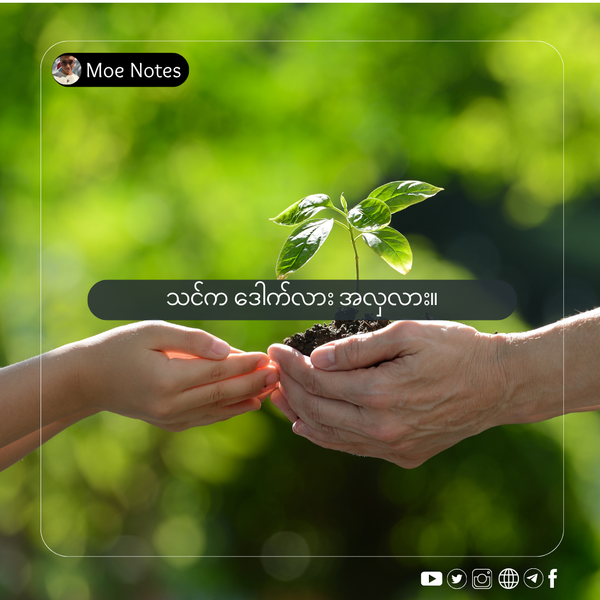The Ultimate Packing Guide for a Burmese Student Abroad: Practical, Financial, and Sentimental
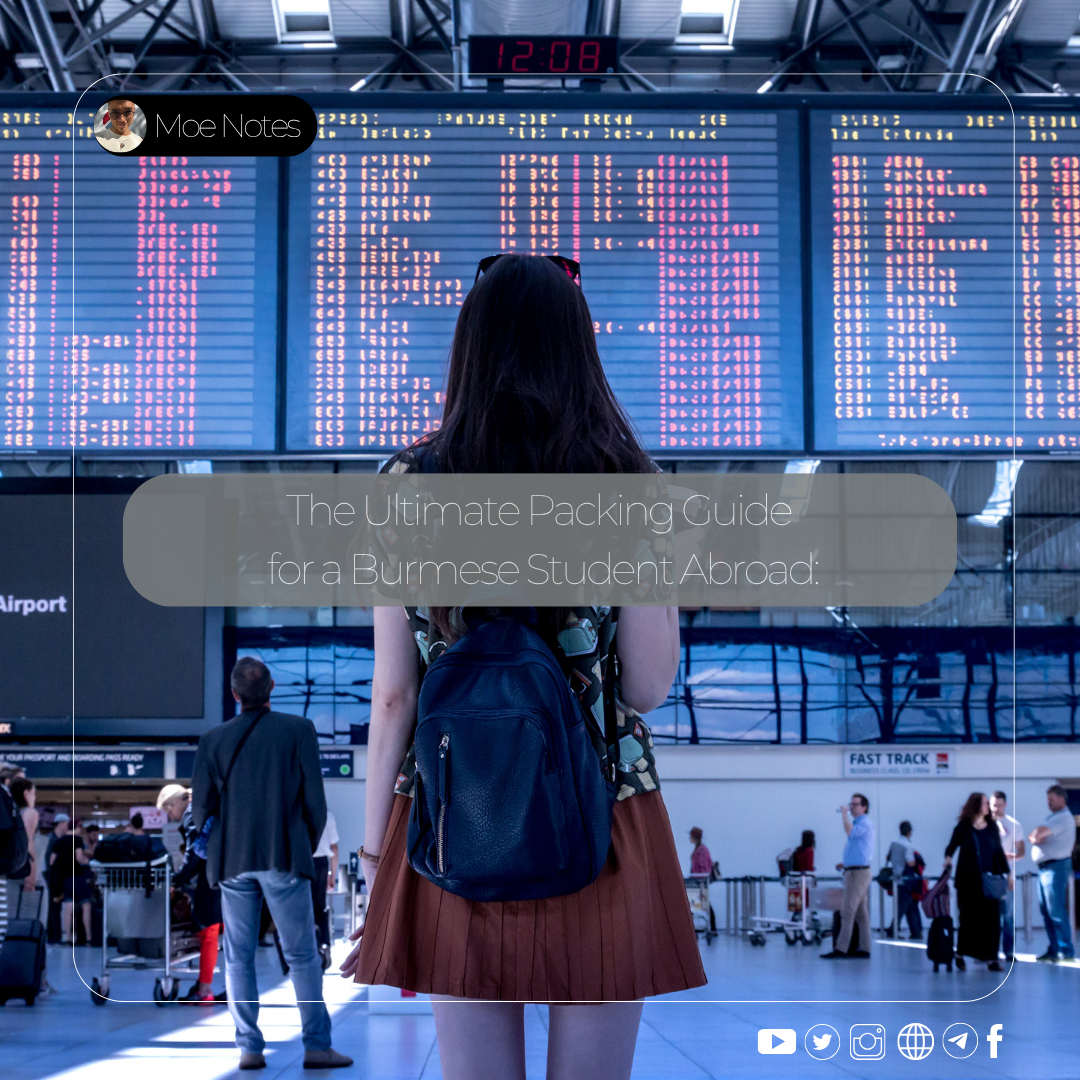
This article is also available in [Burmese]
"The most important thing to bring? A photo, a keychain, any small object that carries the spirit of the people you love."
The decision of what to pack is a strategic one, balancing three competing factors: your limited Baggage Allowance, your tight Budget, and the immense Sentimental Value of home. Many students feel the urge to pack everything, largely because of the poor quality of goods and lack of consumer rights in Myanmar. A pencil that doesn't write well, an eraser that smudges—these small frustrations create a deep-seated fear that you won't be able to get what you need abroad.
This guide will break down what is truly essential, what is better to buy upon arrival, and what you absolutely cannot leave behind.
Part 1: The "Can't I Just Buy It There?" Question
The Quest for Authentic Taste
Yes, there are shops in the UK that import and resell products from Myanmar, but they are few and far between. The bigger problem is the loss of authentic taste. I once bought a bowl of Ohn No Khauk Swe in London for £10. It wasn't just "adapted" for a foreign palate; it had lost its identity, tasting more like a British soup than a Burmese classic. This is often due to the difference in core ingredients—canned coconut milk instead of fresh, different varieties of onions and spices. While authentic shops exist, they require a dedicated search.
The True Cost of Buying Later
While it's true you can buy most things in the UK, it's not always the most economical choice. Consider a simple cooking pot. A cheap one from a discount store might cost £10, but it will likely have a thin base, burn your food, and need replacing within a year. A good quality pot might cost £40. The initial cost seems high, but over a three-year degree, it's a smarter investment. Apply this logic to everything: it's often better to bring a few high-quality, trusted items from home than to buy multiple cheap, disposable versions in the UK.
Part 2: The Essential Packing List - A Strategic Breakdown
1. Medicines & First-Aid: Your Non-Negotiable Priority
This is the most critical category. While simple painkillers like Paracetamol are easy to buy, many other medicines, especially antibiotics, are impossible to get without a doctor's prescription.
- Fact Check: The UK's NHS system is excellent but can be slow. It can take weeks to get a non-emergency GP appointment to get a prescription. It is highly recommended to bring at least a 3-month supply of any personal, regular medication you need.
- Doctor's Letter: For all prescription medication, carry a doctor's letter (in English) that explains what the medicine is for and why you need it. Always keep medicines in their original packaging.
- Student First-Aid Kit: Pack a small kit containing: Paracetamol, Ibuprofen, antihistamines (for allergies), antiseptic wipes, plasters/band-aids of various sizes, stomach remedies (antacids), and any cold/flu medicine you trust.
2. Climate-Appropriate Clothing: Function Over Fashion
The clothes you wear in Yangon are, for the most part, unsuitable for the UK climate. Prioritize function.
- The One Jacket You Must Buy in the UK: My strongest recommendation is to buy a 3-in-1 jacket after you arrive. This consists of a waterproof outer shell and a removable inner fleece jacket. You can wear the fleece on cool autumn days, the waterproof shell on rainy spring days, and zip them both together for a warm, insulated coat in the dead of winter. It is the most versatile and cost-effective piece of clothing you can own here.
- What to Bring from Home: If you want to save money, you can buy functional items from "export outlet" stores in Yangon. When you do, check the quality of the stitching and zippers.
3. Food From Home: My Personal 'Cannot Live Without' List
This is the most important category for your soul. You can buy many things here, but you can't buy the specific taste of home.
- My Essentials: High-quality Laphet from a trusted source, chili yogurt crisps, homemade-style fruit preserves (Yoh), Eggy's salted egg potato chips, and the specific dried noodles for Shan dishes.
- General Recommendations: Good quality tea from the Shan hills, your favourite coffee from home (like Shwe Pu Zun), and specific dried fish or condiments that are central to your comfort cooking.
- What NOT to Bring: Be very careful with import restrictions. As a general rule, you cannot bring most meat or dairy products into the UK from non-EU countries.
4. Electronics & Other Essentials
- Universal Adapter: The UK uses a Type G plug (the large, three-pronged plug). A high-quality universal adapter is an essential investment. Look for one with built-in USB-A and USB-C ports and surge protection.
- My Other Essentials: Locally made products with scents that remind me of home (like essential oils from Do Yoe Yar), my favourite body oil from DT Bathhouse, and extra screen protectors and phone cases.
Part 3: Pro-Tips for Packing and Customs
- The Magic of Vacuum Bags: For bulky items like clothes and bedding, "Vacuum Storage Bags" are a lifesaver. They can save you 3-4 times the space in your luggage.
- The Air Pressure Warning: The change in air pressure on a long flight can cause containers to leak. Be very careful with glass jars that have plastic or rubber lids. Ensure they are sealed in a separate plastic bag.
- Label Everything: A Guide to Getting Through Customs:
- Fact Check: The UK has specific rules about what you can bring in. Always check the official gov.uk website for the latest "Bringing food and drink into Great Britain" guidance before you pack.
- The Golden Rule: Label all homemade food items clearly and honestly in English. An unlabeled bag of brown paste looks suspicious; a label that says "Burmese Tamarind Paste (for cooking)" is clear and professional.
Part 4: The Most Important Thing to Pack (That Weighs Nothing)
If you can't bring anything else, that's fine. But you must bring this.
Bring a small object that carries the spirit of the people you love. A photo of your family. A keychain from a close friend. It could be a t-shirt they all signed, a small gift from your partner, a tiny Buddha statue, or a leaf from the Bodhi tree at your local pagoda.
Think of this sentimental item as the most important part of your mental health toolkit. When you first pack it, it might not seem like much. But on a difficult day, in a lonely room thousands of miles from everything you know, it's not just an object. It's a direct line to the love and support that propelled you on this journey. It is a physical reminder of your "why."
Of course, if you truly want to go home, you must take the country back yourself. Help where you should help. Give what you should give. Contribute where you should contribute.
I no longer want to soothe my homesickness with mint tea in a foreign land. I want to be back in a teashop, drinking a kyay-seint-wann, watching football, and talking for hours by the side of a busy road.
